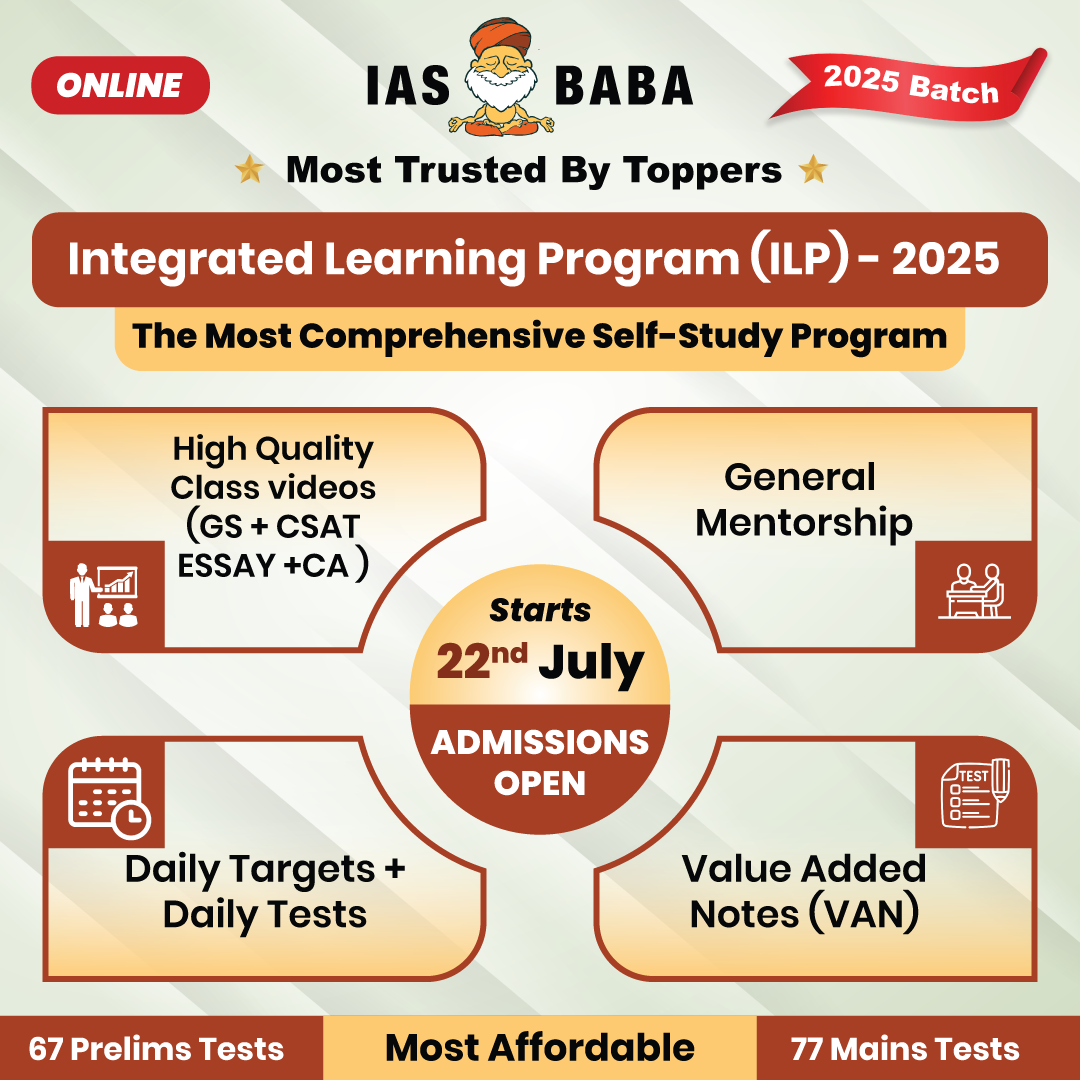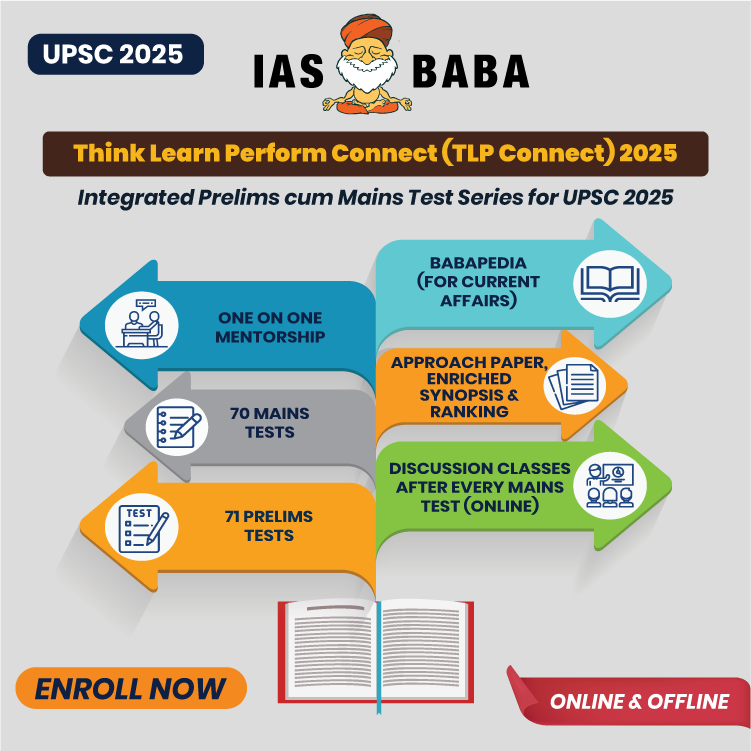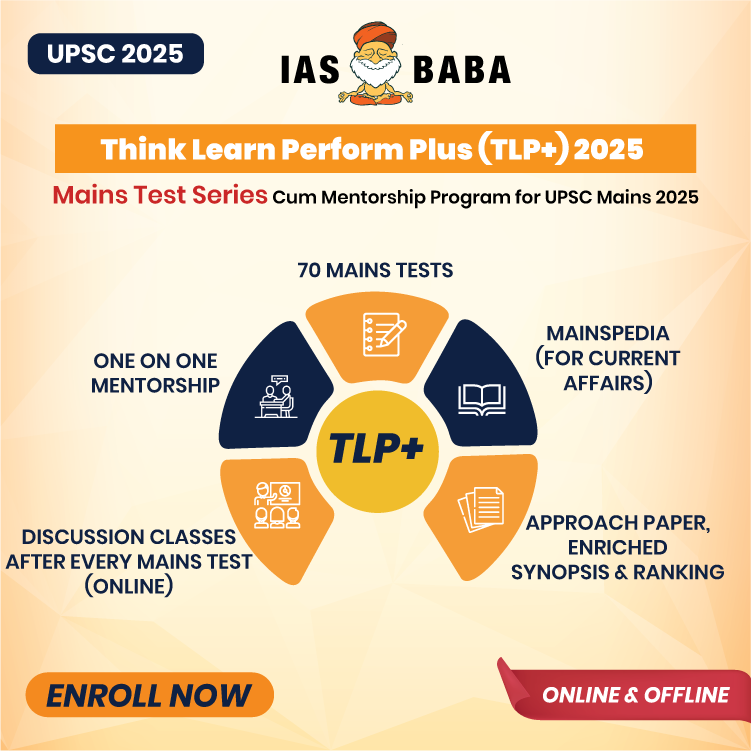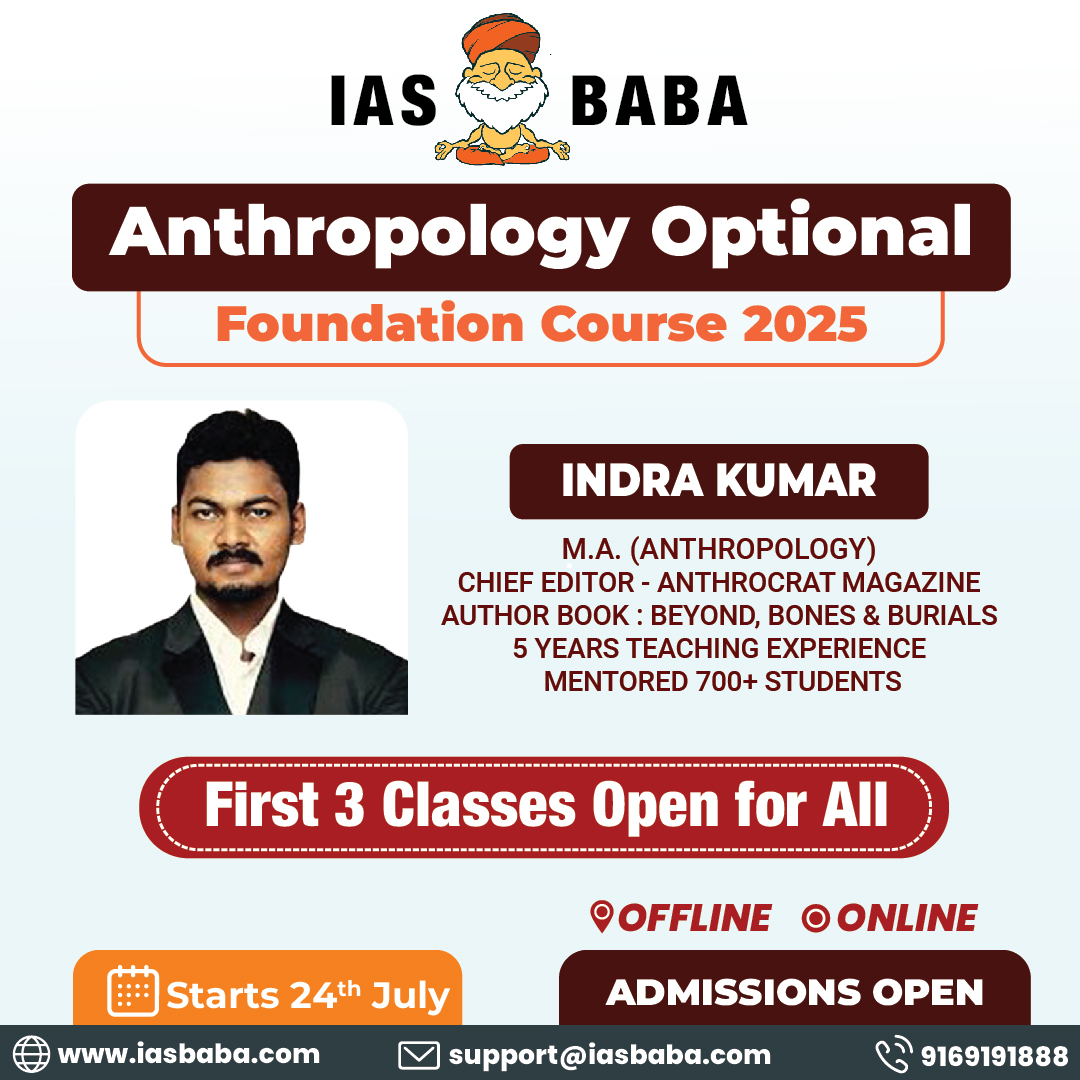Governance
In News: The Union Social Justice Ministry has so far received 402 online applications from across the country to avail benefits under SEED, a scheme meant for the upliftment of Denotified, Nomadic and Semi-Nomadic Tribes (DNTs/NTs/SNTs).
Who are Denotified Nomadic Tribes (DNTs):
- DNTs are the tribes which were notified as criminal tribes under Criminal Tribes Act, 1871, by the British colonial government.
- Under this Act, millions of nomadic and semi-nomadic communities were declared criminals and put under continuous surveillance.
- After decades of facing horrors of this racial Act, they were denotified by the Government of independent India on August 31, 1952.
- While most DNTs are spread across the Scheduled Castes (SC), Scheduled Tribes (ST) and Other Backward Classes (OBC) categories, some DNTs are not covered in any of the SC, ST or OBC categories.
- The DNTs are a heterogenous group engaged in various occupations such as transport, key-making, salt trading, entertaining — acrobats, dancers, snake charmers, jugglers — and pastoralists.
Difference between Nomadic, Semi-nomadic and DNTs:
- The nomadic tribes maintain constant geographical mobility while semi-nomads are those who are on the move but return to fixed habitations once a year, mainly for occupational reasons.
- All nomadic tribes are not DNTs, but all DNTs are nomadic tribes.
- There are nearly 1,500 nomadic and semi-nomadic tribes and 198 denotified tribes, comprising 15 crore Indians, according to the Renke Commission (2008).
What is the Scheme for Economic Empowerment of DNTs (SEED)?
- In February 2022, Scheme for Economic Empowerment of DNTs (SEED) was launched by the Union Ministry for Social Justice and Empowerment.
- The four components of the SEED scheme are –
- Educational Empowerment – Free coaching to students from these communities for Civil Services, entry to professional courses like medicine, engineering, MBA, etc.
- Health Insurance – Through Pradhan Mantri Jan Arogya Yojana of National Health Authority
- Livelihoods – To support income generation,
- Housing – Through Pradhan Mantri Awas Yojana
- Expenditure of Rs 200 crore to be spent over five years 2021-22 to 2025-26.
- One important feature of this scheme is the online portal which has been developed by the Department. This portal will ensure seamless registration and will also act as a repository of the data on these communities.
What may the reason behind the delay in implementation?
- Inconsistencies in terms of categorization of DNTs have been hindering the process of SEED applications.
- The categorisation of these communities by the Idate Commission left room for inaccuracies as outlined by the commission in its 2018 report.
- Idate Commission was formed by the Government of India in 2015 to study and prepare state-wise lists of different castes of DNTs.
- For instance, some communities such as the Banjara were under the SC list in Delhi, the ST list in Rajasthan and the OBC list in Uttar Pradesh.
- The categorisation of DNTs, NTs and SNTs is essential for the implementation of SEED.
Many commissions and committees constituted since Independence have referred to the problems of these communities.
- The Criminal Tribes Inquiry Committee, 1947 constituted in the United Provinces (now Uttar Pradesh).
- Ananthasayanam Ayyangar Committee in 1949 (it was based on the report of this committee the Criminal Tribes Act was repealed),
- Kaka Kalelkar Commission (also called first OBC Commission) constituted in 1953.
- The B P Mandal Commission constituted in 1980 also made some recommendations on the issue.
- The National Commission to Review the Working of the Constitution (NCRWC), 2002 held that DNTs have been wrongly stigmatised as crime prone and subjected to high handed treatment as well as exploitation by the representatives of law and order and general society.
- The NCRWC was established under the chairmanship of Justice M N Venkatachaliah.
- The National Idate Commission was constituted in 2015 under the chairmanship of Shri Bhiku Ramji Idate.
- Based on the recommendation of this commission, the Government of India set up the Development and Welfare Board for DNTs, SNTs &NTs (DWBDNCs) in 2019.
Source: The Hindu
Previous Year Question
Q.1) Consider the following statements about Particularly Vulnerable Tribal Groups (PVTGs) in India: (2019)
- PVTGs reside in 18 States and one Union Territory.
- A stagnant or declining population is one of the criteria for determining PVTG status
- There are 95 PVTGs officially notified in the country so far.
- Irular and Konda Reddi tribes are included in the list of PVTGs.
Which of the statements given above are correct?
- 1, 2 and 3
- 2, 3 and 4
- 1, 2 and 4
- 1, 3 and 4




